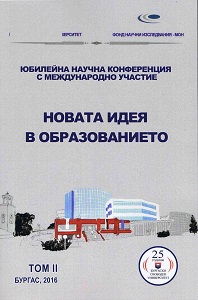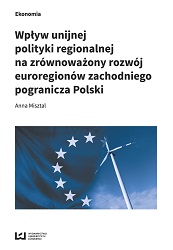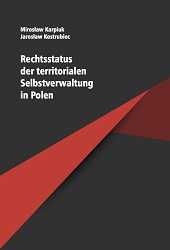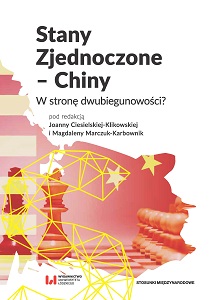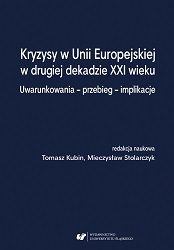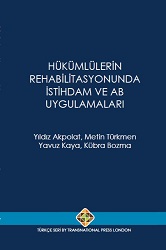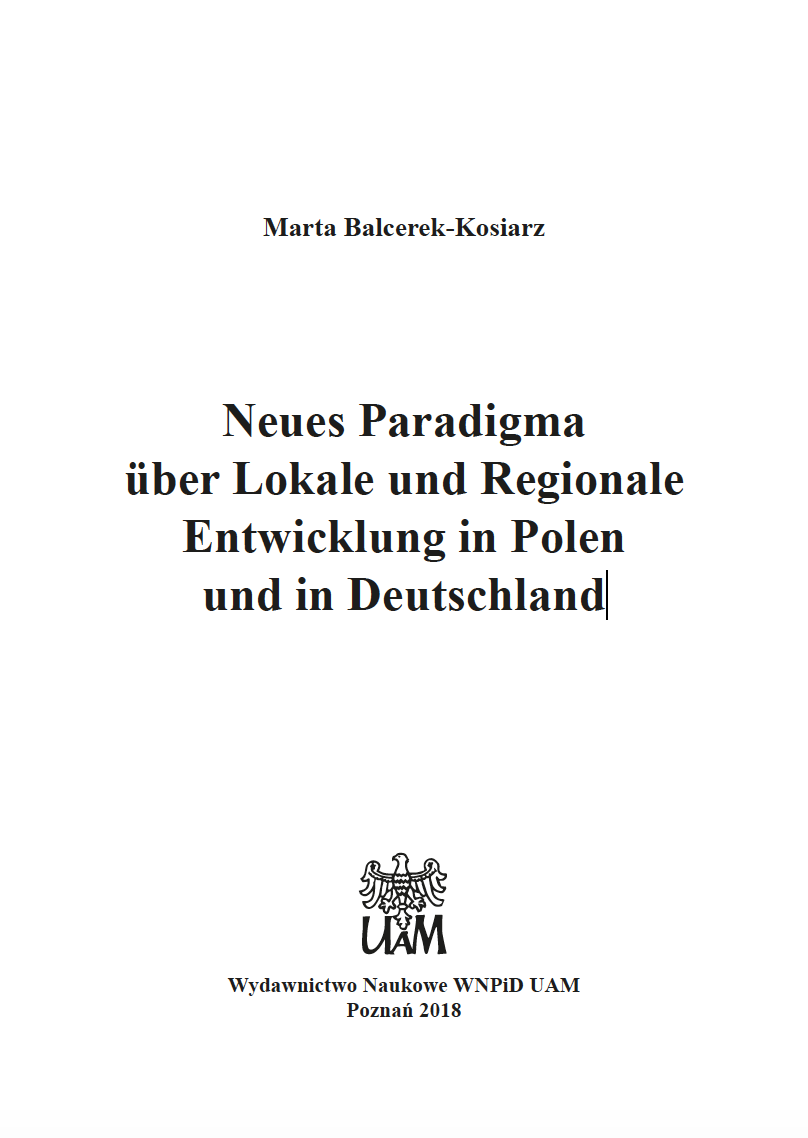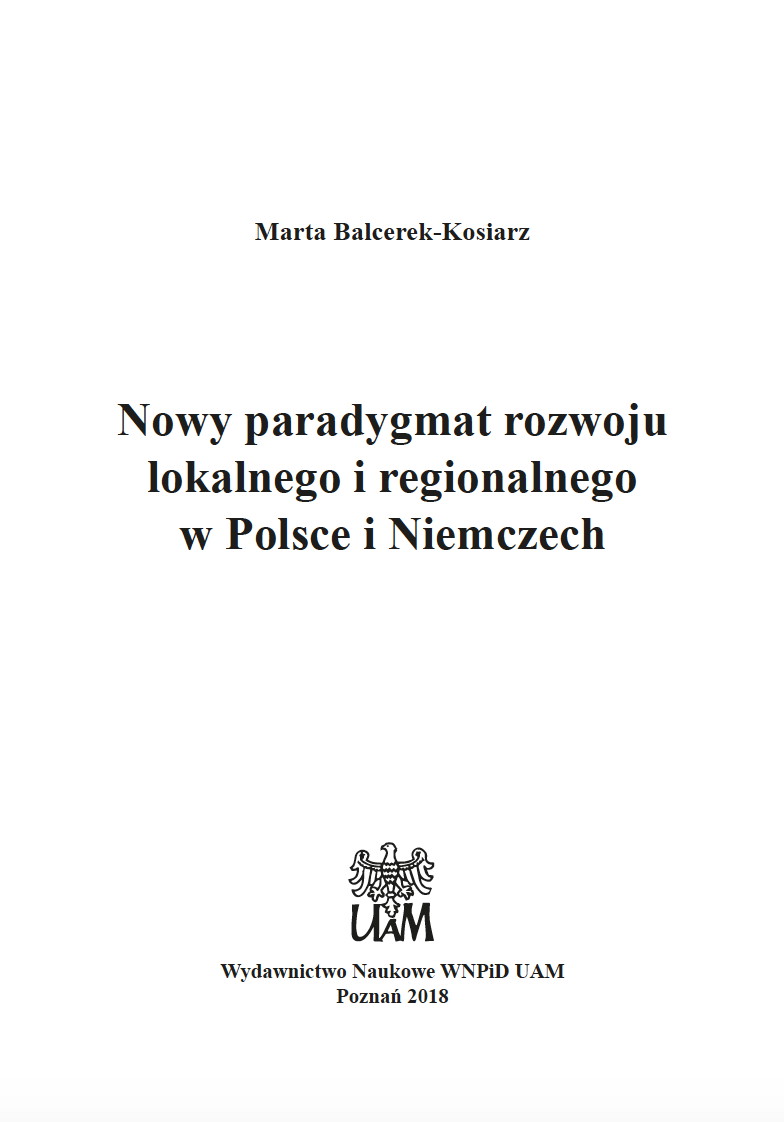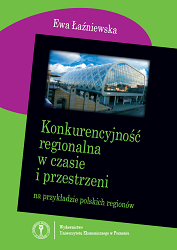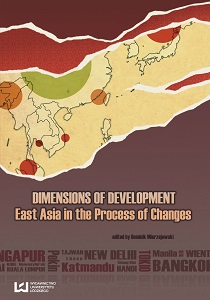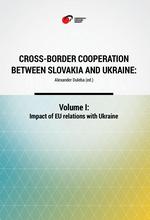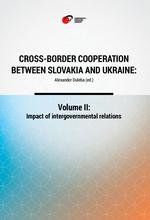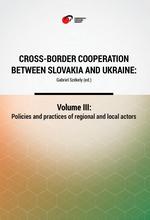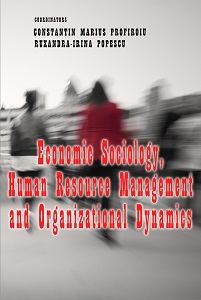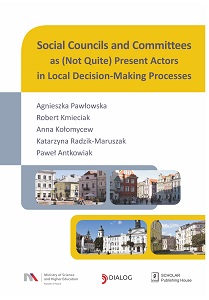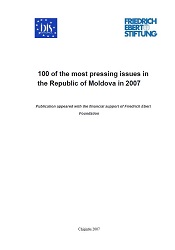Author(s): / Language(s): English,Polish
The research objective undertaken in the present work is the analysis of the most important issues regarding the main reasons and manifestations of the crises occurring in the EU in the second decade of the 21st century, together with indicating the possibilities of their overcoming, and discussing their most important implications as far as the further realization of the integration project is concerned. It should be mentioned that only some of the consequences of the EU crises which have occurred in the second decade of the 21st century can be successfully diagnosed. Others will surely set in, only in a shorter or a longer term. Moreover, there is the difficulty with a precise separation of some reasons (sources) from the symptoms of the crises (e.g. the deficit of democracy in the EU). It remains a fact that further process of European integration has become much less predictable than it was a couple of years ago. There emerge various, more or less probable, scenarios of the functioning or disintegration of the EU and its main consequences for the UE member countries, as well as for both the European and the global international system.
In the present work, the expressions “the EU crisis” and “the crises in the EU” are used interchangeably. Typically, in literature on the subject these terms are used with different scopes of meaning. The authors of the studies devoted to this problem, including the authors of some of the texts printed in the present volume, draw attention to the fact that a crisis or crises in the EU may be of fragmentary nature, concerning some levels or dimensions of integration within the EU. They claim that the crises in the EU do not have negative influence on the functioning of the Union as a whole. The EU crisis, on the other hand, refers to the crisis of the entire system, the crisis that is spatial and structural, and which poses a threat to the very existence of the EU. It should be kept in mind, though, that the multiplicity and the intensity of the crises, as well as the fact that there have been numerous crises overlapping in a relatively short time in the second decade of the 21st century, have resulted in the situation where the crises in the EU transform, as it were, into the crisis of the EU. Therefore, we have to do with the situation when the crises in the EU in consequence become the EU crisis.
The present volume contains 24 articles divided into four parts. The allocation of some articles to a given part of the volume is fairly arbitrary due to the fact that the authors of some texts printed in the present work discuss the issues that concern both the reasons or symptoms, as well as the consequences of the crises under consideration. Because of this, several articles might as well belong to other parts of the volume as well.
In the first part, entitled “The theoretical aspects of the crises in the European Union”, there can be found articles written by Zbigniew D. Czachór, Janusz Ruszkowski, Józef M. Fiszer, and Piotr Tosiek.
Part Two, entitled “The determinants of crises in the European Union”, contains the studies in which the authors have exposed some internal (intra‑Union) as well as external determinants of the crises occurring in the EU. In this part of the volume there are articles by Dariusz Milczarek and Olga Barburska, Rafał Riedel, Jerzy Jaskiernia, Katarzyna Czornik, and Agnieszka Miarka.
The most extensive part of the volume is Part Three, “The symptoms of the crises in the European Union”. Here, one can find texts written by Jacek Pietrucha, Sławomir Czech, Andrzej Podrazy, Michał Dulak, Bogdan Góralczyk, Ryszard Zięba, Mieczysław Stolarczyk, Joanna Ciesielska‑Klikowska, and Anna Pacześniak.
In the final part of the present work there are articles by Agnieszka Nitszke, Justyna Zając, Artur Adamczyk, Monika Szynol, Magdalena Tusińska, and Tomasz Kubin.
The present study is addressed to a wide range of readers. The editors of the volume hope that the articles contained in the present publication will contribute to the enhancement of the knowledge concerning the main reasons, symptoms, and implications of the crises occurring in the European Union in the second decade of the 21st century. They wish for the present book to become a significant form of scholarly participation from various academic centres of our country in the on‑going discussion devoted to this problem and the voice in the discourse concerning not only the fundamental issues of integration politics of Poland and other EU member countries, but also the matters of preliminary importance for the politics of the security of Poland and other countries, as well as international security in Europe and the world. Because further regression, and all the more the disintegration of the EU, would have difficult to overestimate implications not only for the European international system, but also for the international system globally.
More...
